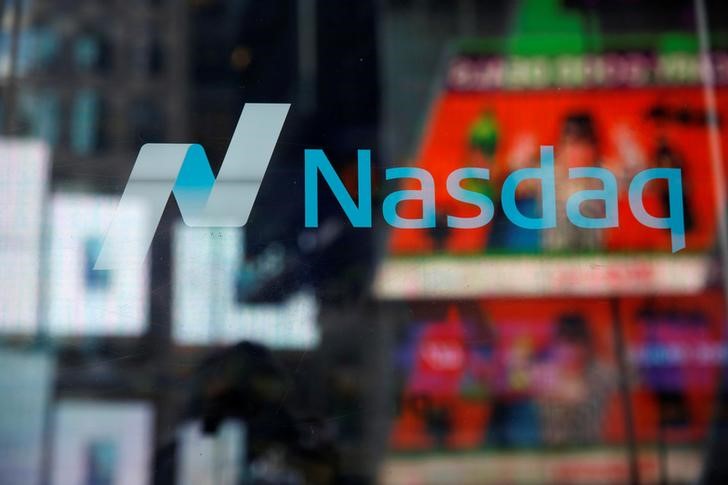Nvidia among investors in xAI’s $20 bln capital raise- Bloomberg
Investing.com -- After two years of blockbuster gains, technology stocks have begun 2025 on a weaker footing.
Despite continued excitement around artificial intelligence, the sector outperformed the broader market by just 70 basis points in the first half (1H) and over the trailing twelve months (TTM) on a cap-weighted basis—the smallest margin since 2013, according to Bernstein.
Still, large-cap AI beneficiaries remain central to the story. Stripping out Apple (NASDAQ:AAPL) and Google (NASDAQ:GOOGL), which Bernstein describes as “AI laggards,” the rest of the top 10 tech names outperformed the broader market by nearly 1200 basis points.
“Excluding these two giants, Tech grew 13.2% in 1H25, outperforming the broader market by +690bps,” Bernstein analysts led by Mark Shmulik noted.
On the valuation front, the sector trades at about 30 times forward earnings, analysts note, with a 33% premium to the broader market—still above its historical average of 26%.
However, the team emphasizes that tech earnings have been more resilient to downward revisions and that the sector leads on quality, return on invested capital (ROIC), and free cash flow (FCF) margins.
The brokerage recommends a market-weight allocation to Tech in the second half, “with a slight positive lean.”
Bernstein also points to strong momentum in the sector and notes that Tech is not particularly crowded compared to historical levels.
At the same time, the analysts flag several reasons for caution, including stretched valuations, a weaker-than-historical growth outlook, and the increasing concentration of returns among a few large-cap names.
Against this backdrop, stock picking remains essential. Bernstein suggests investors adopt “a more balanced barbell,” with exposure to both mega-cap growth leaders and undervalued smaller names.
The firm stresses that “getting the largest stocks right remains critical,” given their disproportionate impact on sector returns.
While the AI trade is still in motion, the next leg may be shaped by how quickly user-facing applications materialize.
“While we are long-term believers in AI… we acknowledge that the unprecedented level of AI infrastructure build-out could outpace the emergence of user-facing applications… leading to a near-term digestion cycle,” the analysts said.
